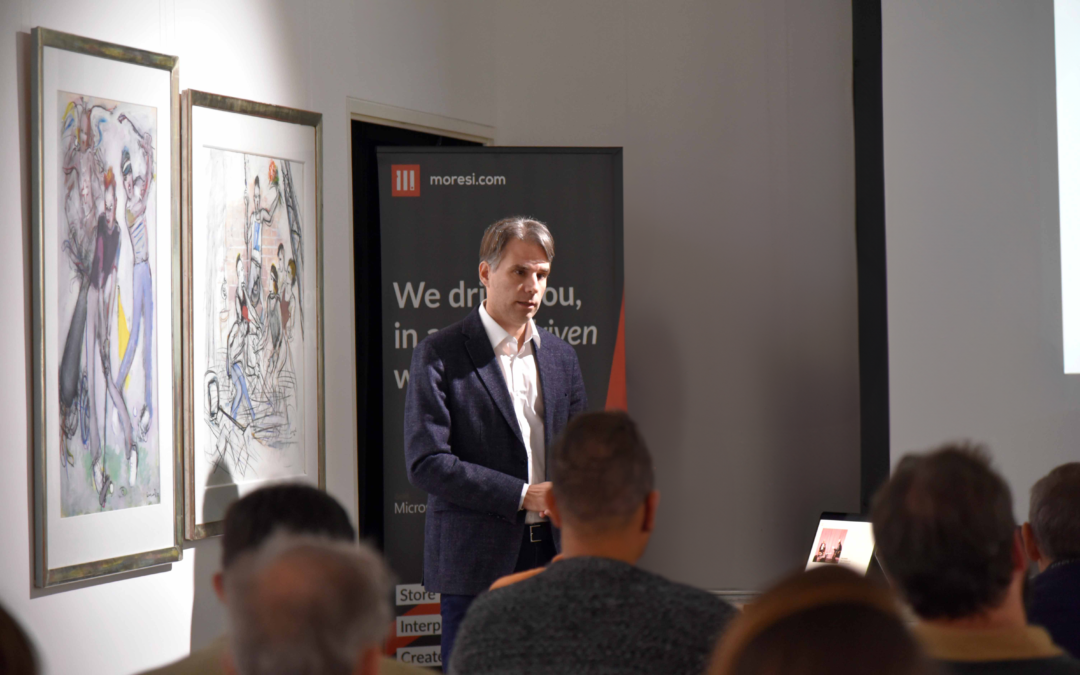Nicola Moresi, CEO of Moresi.com, analyzes, from the perspective of someone who has directly experienced so many “technological revolutions” over the past 25 years, the prospects of artificial intelligence and the challenges posed by the current change.
Artificial intelligence is revolutionizing the global technological landscape. What is your view on this transformation and what impact do you foresee it having on businesses and on the lives of all of us?
Artificial intelligence represents a momentous breakthrough not only for the technology sector, but in all fields. However, we are only in the early days of this revolution. It is a pioneering phase, similar to what we experienced now years ago with the advent of the Internet, when we too were among the early forerunners who sensed the potential of a transformation that now instead seems obvious to us. What we see now is therefore only the beginning.
The real leap forward will happen when we have a full convergence of exponential technologies such as artificial intelligence, biotechnology, robotics, the Internet of Things (IoT), blockchain, etc. This combination will create a technology ecosystem that can profoundly transform business models, healthcare, education, and even the way we address global challenges.
For companies, integrating these technologies into their processes means not only improving efficiency and innovation, but also developing new ways of responding to future market needs, securing a decisive competitive advantage.
What are the main challenges companies will face in implementing AI?
The challenges are many. One of the most critical is undoubtedly data security management. We live in an increasingly connected world, and protecting sensitive information is critical to avoid risks such as breaches and data loss.
Another important aspect concerns technology integration. The adoption of innovative tools such as AI must be done in a harmonious way, without creating discontinuities in existing systems. It is a process that requires planning and specific skills.
We also cannot neglect staff training. To make the most of these technologies, business teams must be prepared and evolve, both technically and strategically. This requires continuous investment in learning and skill development.
Finally, there is the issue of ethics and regulation. It is essential that the adoption of technologies such as AI-where the implications can be significant not only for companies, but for society as a whole-is done in a responsible manner, adhering to ethical principles and current regulations.
How then to deal with this change without undergoing it?
Like all big changes, this one can appear complex. It is, of course, up to us to turn it into an extraordinary opportunity: to do so requires skills, vision and, above all, collaboration with qualified professionals.
Only then can we make the most of these technologies, directing their innovation according to our guidance and will.

